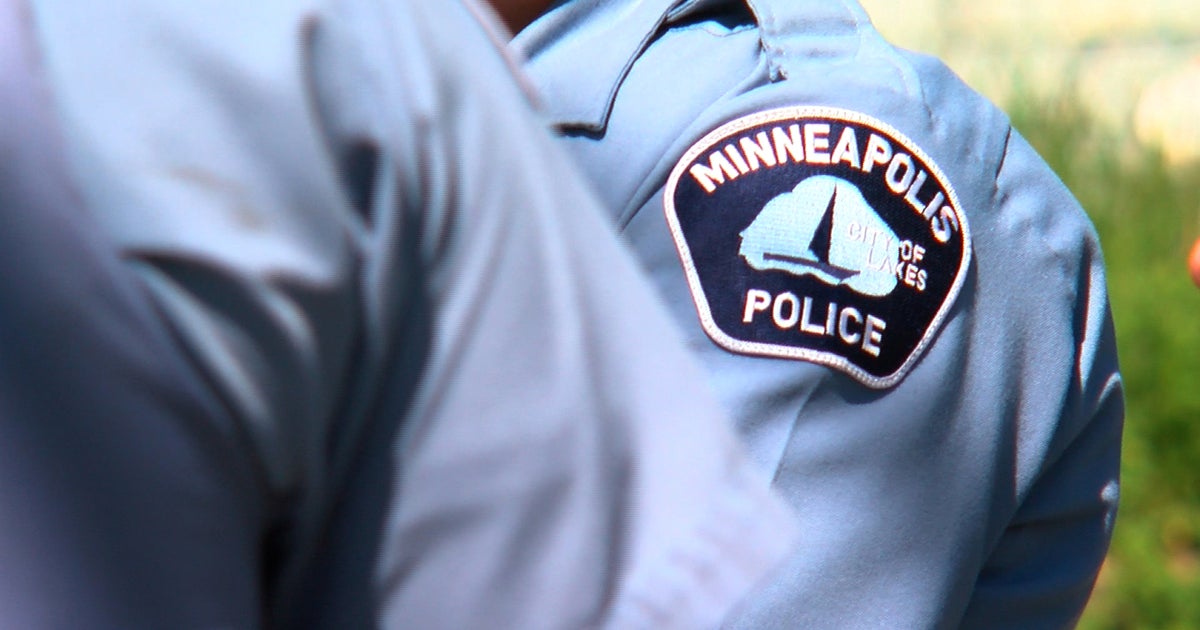What President Biden's marijuana pardon means for Minnesotans
MINNEAPOLIS – President Joe Biden on Thursday said he will pardon federal offenses for simple marijuana possession and order his administration to review how cannabis is treated under federal law.
The pardons will impact 6,500 nationwide and thousands more in Washington, D.C., a senior administration official said, but stressed there are no people currently incarcerated in federal prison for such convictions.
The move by the White House is intended to remove barriers to employment, housing and educational opportunities because of the offense, the official explained. And the decision comes weeks before November's midterm elections.
"Sending people to jail for possessing marijuana has upended too many lives – for conduct that is legal in many states," Biden said in a statement on Twitter. "That's before you address the clear racial disparities around prosecution and conviction. Today, we begin to right these wrongs."
The president also announced he's directing U.S. Department of Health and Human Services Xavier Becerra and Attorney General Merrick Garland to review marijuana's classification. Right now it's considered a Schedule I substance, which is the same level for heroin and LSD.
Fentanyl is considered a Schedule II drug.
Biden called on governors to provide relief for similar convictions in their states. In Minnesota, the governor cannot provide pardons on his own. The state has a Board of Pardons made up of the governor, attorney general and chief justice of the state supreme court. All three must agree to provide clemency.
The governor's office in a statement acknowledged this reality, but said Gov. Tim Walz supports the president's decision and has advanced marijuana legalization in Minnesota.
Wisconsin's constitution grants the governor there the authority to grant pardons.
The Minnesota House passed a bill last May to allow adult-use recreational cannabis in the state. It also had provisions that expunged low-level cannabis convictions, including for possessing small amounts. But the policy failed in the Senate, where Republicans rejected it - though some expressed openness to further decriminalization.
A 2020 report from the ACLU of Minnesota shows the state ranks eighth for largest racial disparities in marijuana possession arrests. The analysis also found Black people in the state are 5.4 times more likely to be arrested than white Minnesotans.
Maren Schroeder, coalition director for MN Is Ready, a group of advocacy organizations that support marijuana legalization, said she hoped the announcement from Biden would move the needle in the State Capitol.
"The most exciting thing in President Biden's announcement today for us I think was the encouragement for states to take similar action," Schroeder said. "When we take a look at how this plays out at a federal level, I think it maybe gives some comfort on the state level when we start talking to the legislature in January."
A presidential pardon restores rights lost due to the offense and "should lessen to some extent the stigma arising from a conviction," according to the U.S. Department of Justice, but it will not erase the record of a conviction.





